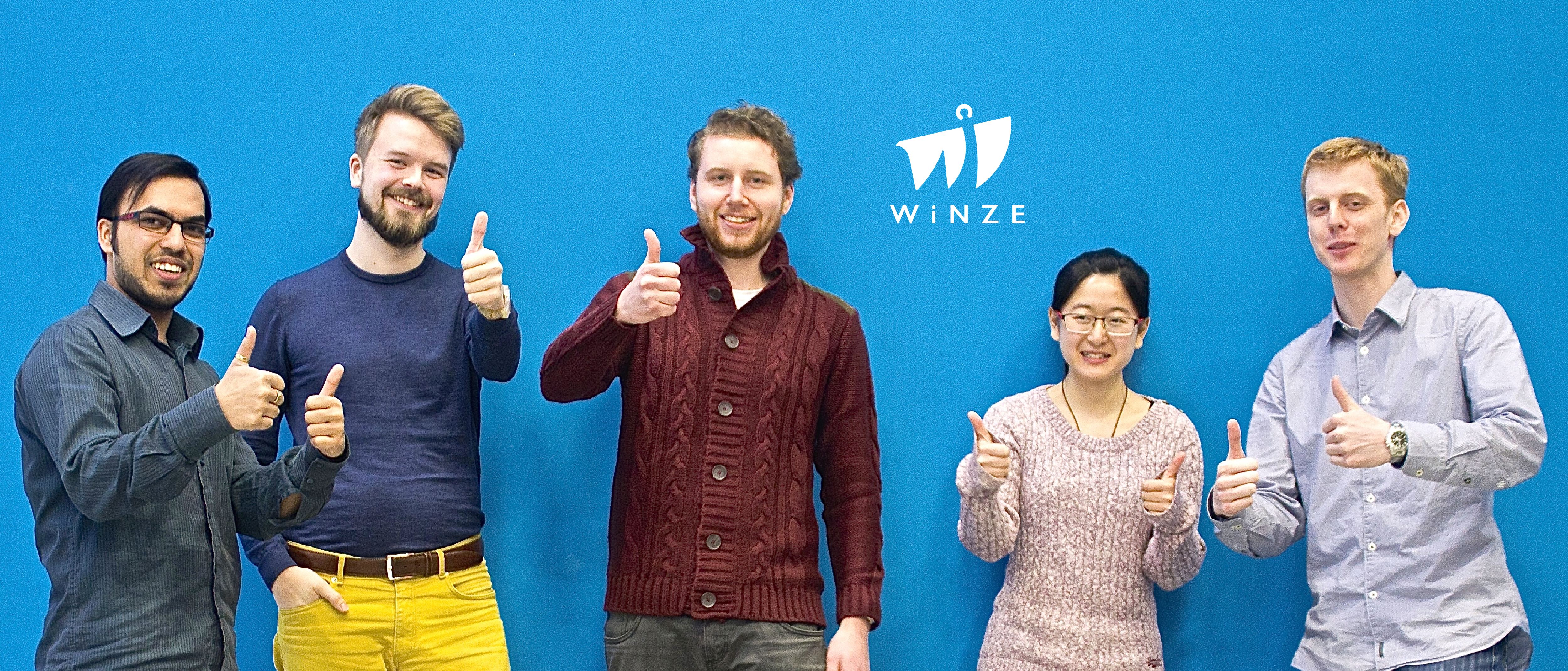The results of the 2015 market survey with members of the public in Amsterdam were clear. Interviewees felt the need for help in their homes for at least two hours per week but were unsure how to source it using reliable means. In other words, people wanted to hire someone they could trust.
What emerged as the most important criteria for selecting a ‘help-provider’ was the strength of one’s social connection to that person which could be expressed through proximity as well as the number of personal recommendations by one’s friends and acquaintances. These findings confirmed a hunch that WiNZE founders Aman Jindal and Jasper van Gelder had that prompted them to create an online ‘errands outsourcing’ platform based on trust and social connections in 2015.
Jindal, a TU Delft aerospace MSc student from India, observes that “the distance between people in The Netherlands is greater than in India where these social connections remain strong over time”. He cites data from a 2015 study by national helpline Sensoor in which 28% of 250,000 requests for help were prompted by loneliness, a growing concern in the Netherlands especially among the elderly population.
So Jindal and Van Gelder designed and built a social network platform for outsourcing household tasks. One user is an individual who posts a task for some kind of help such as cooking, tutoring, or auto repairs. The second user type responds to that post to offer the requested skills or service.
The apparent simplicity of the WiNZE interface belies a complex underlying architecture. While maintaining strict privacy rules, the Facebook-based platform visualises friends that users have in common, the proximity of a service provider to the requester’s own residence, and previous users’s ratings of someone’s services. These responsive, bottom-up design choices were made in the spirit of what Jindal refers to as “the connecting tunnels in an underground multi-level mine” otherwise known as ‘winze’. These choices directly incorporated the ‘connectedness’ elements that market survey respondents indicated were key to instilling a sense of trust needed to take the step of welcoming unknown persons into one’s home to help deal with life’s everyday problems.



Comments are closed.